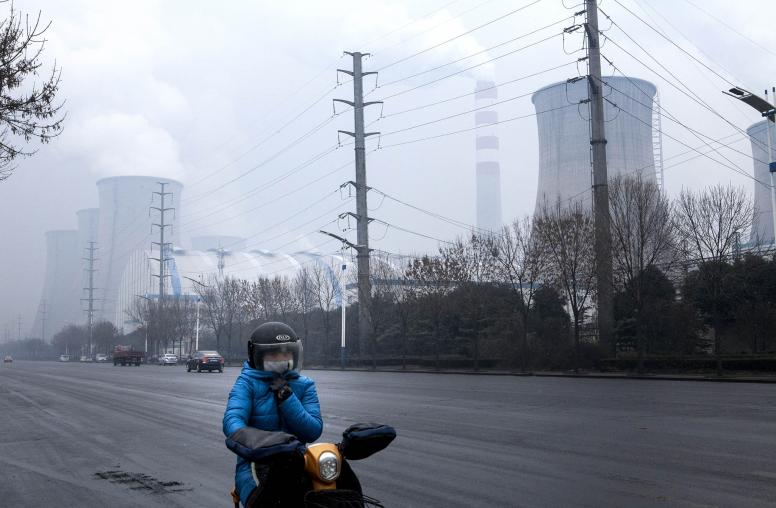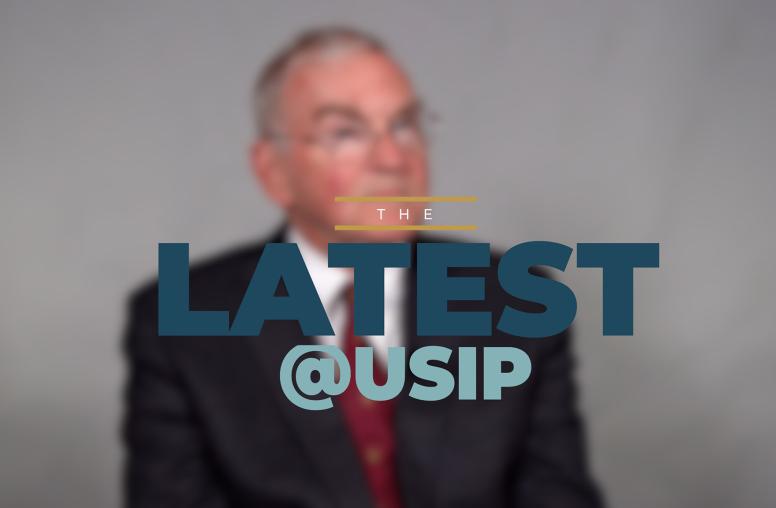Last year, the U.S. government released a National Intelligence Estimate focused on explaining the risks climate change poses to America’s security over the next few decades. The report examined geopolitical tensions that are emerging over how countries partner to address climate change, how countries and communities can adapt to climate change and the ramifications of climate change on access to natural resources. USIP’s Tegan Blaine discusses the report and the relationship between climate, conflict and political instability.



